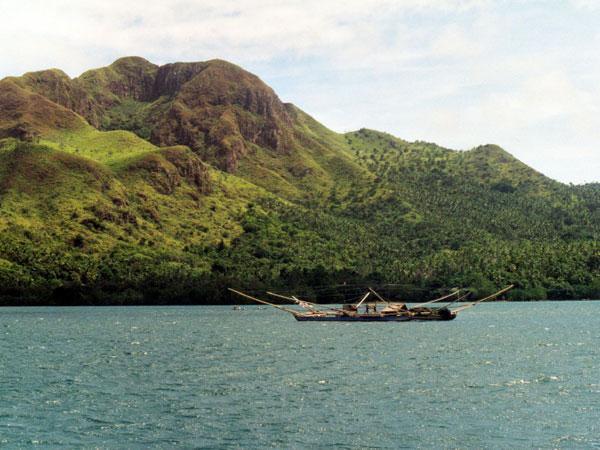The World Bank, described as one of the world’s largest sources of funding and knowledge for developing countries, says that more than 20 million Filipinos are going to enjoy better internet with the approval of World Bank funding for a Philippines government connectivity project.
The World Bank’s Board of Executive Directors has approved US$287.24 million in funding for the Philippines Digital Infrastructure Project, a project that will invest in the government’s national fibre optic backbone, middle-mile, and last-mile connectivity infrastructure.
The project also aims to ensure these facilities are secure against cybersecurity threats and climate risks.
The term ‘national fibre optic backbone’ refers to a network of high-capacity fibre optic cables that interconnect different regions of the country. This network serves as the principal data highway for intra-country communications, carrying large amounts of data at high speeds.
This project will complete the remaining parts of the national fibre backbone, connecting the two main international landing stations in Baler, in Luzon, an island at the northern end of the Philippines, and Davao City in Mindanao (pictured above), an island in the southern Philippines.
Investments in the middle-mile infrastructure will extend connectivity from the main backbone to more localised underserved areas in a number of regions. This will include the installation of underground fibre optic cables, which promise to make the network more resilient against disruptions from climate and extreme weather events.
The World Bank says that investments in the last-mile infrastructure take the work one step further by rolling out infrastructure in currently uncovered areas. The project will create infrastructure foundations that will connect public institutions, schools, and hospitals in Eastern Mindanao, along with free-Wi-Fi access points in these facilities. These facilities will pave the way for commercial operators to offer last-mile internet services for households.
The project will incorporate climate data, risks, and resilience measures into the design of the infrastructure, along with advanced intrusion detection and prevention systems. It will also implement next-generation firewalls to boost cybersecurity.
Additional measures include multi-factor authentication for broadband infrastructure access, comprehensive encryption protocols, regular updates to address Wi-Fi vulnerabilities, and provisions against the dual vulnerabilities of natural disasters and cyberthreats.
The Bank says that some 45.5% of all barangays (or villages) nationwide are at present not served by a private telecommunications service provider.
MORE ARTICLES YOU MAY BE INTERESTED IN…
Source link : http://www.bing.com/news/apiclick.aspx?ref=FexRss&aid=&tid=670d6334ddb045dfacfaebe67210ab6b&url=https%3A%2F%2Fdevelopingtelecoms.com%2Ftelecom-business%2Ftelecom-investment-mergers%2F17456-world-bank-to-fund-connectivity-expansion-project-in-the-philippines.html&c=15324992610999829136&mkt=en-us
Author :
Publish date : 2024-10-14 06:56:00
Copyright for syndicated content belongs to the linked Source.
